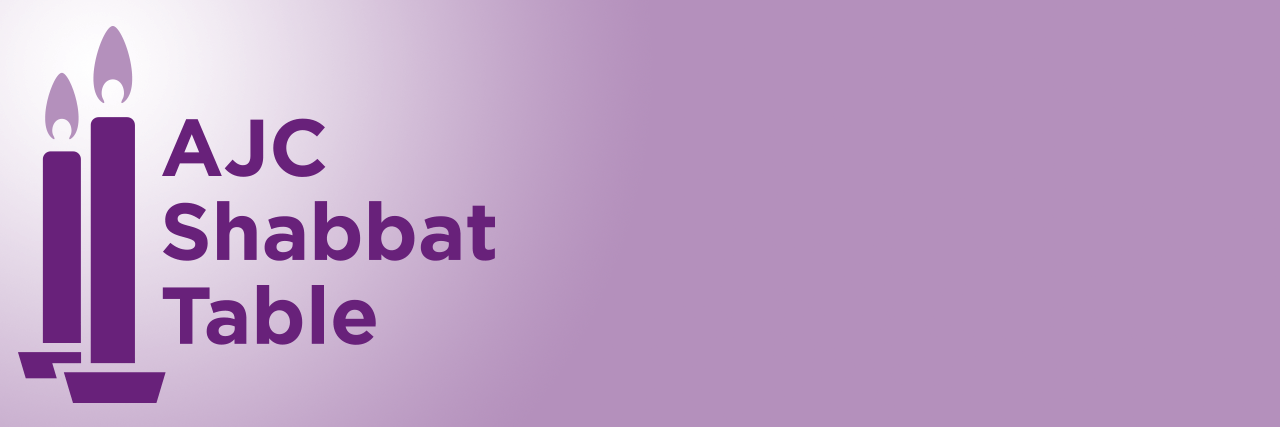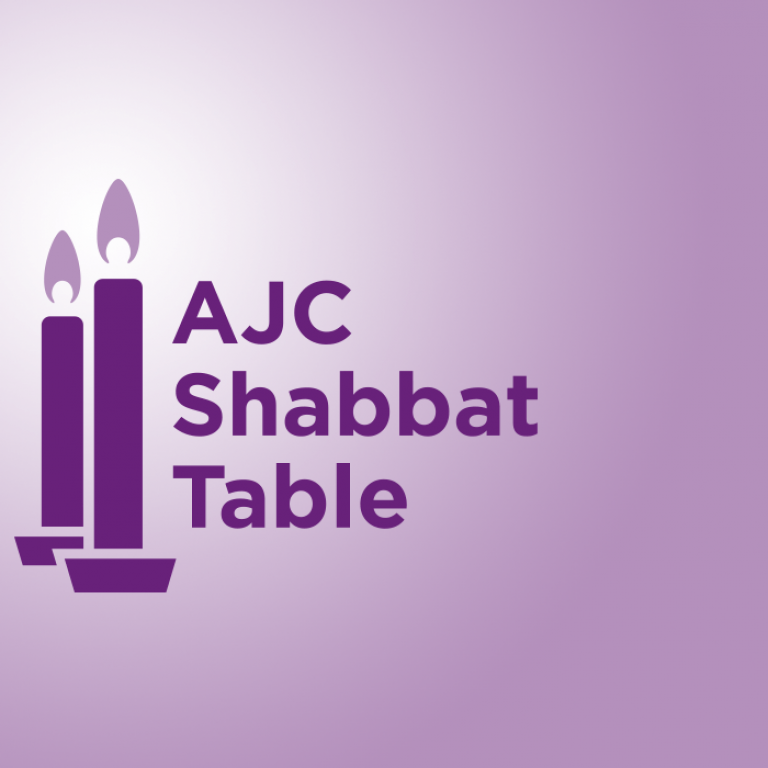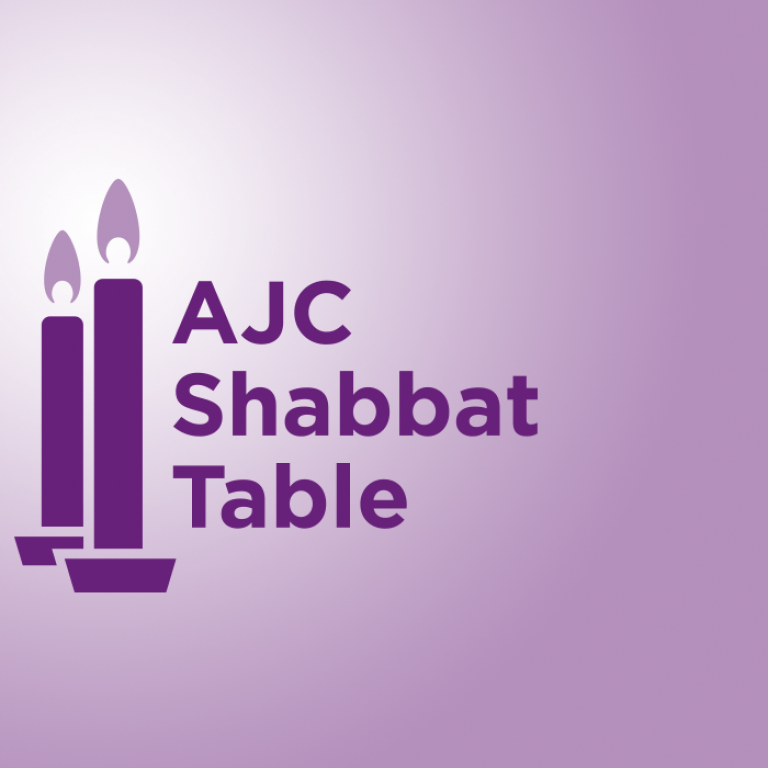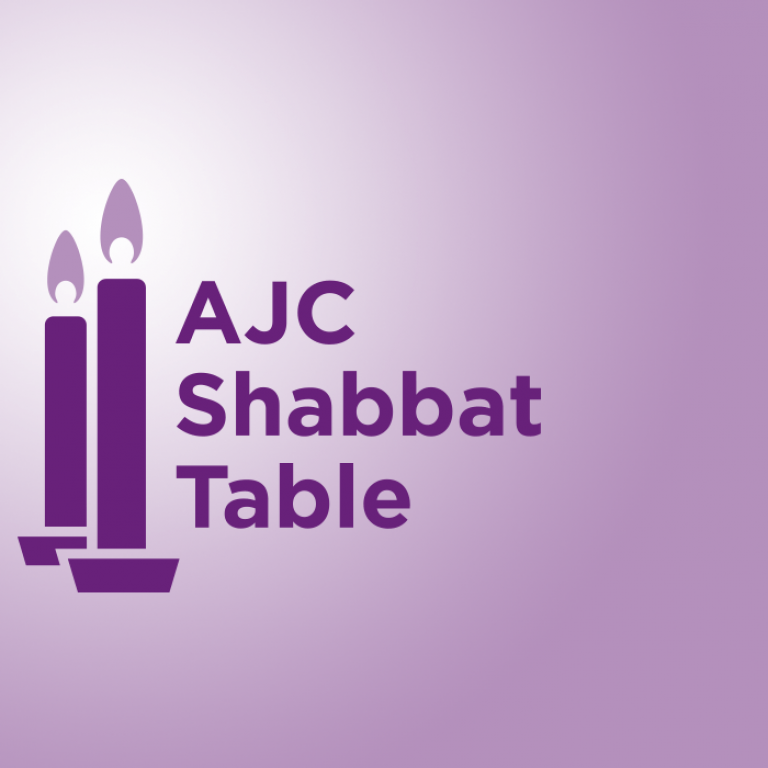April 30, 2021
This Shabbat: Parshat Emor
The passage of time has been very strange during the pandemic. In some ways it’s compressed - things that happened months ago feel like they were yesterday. And in other ways it’s oddly stretched out - things that happened last week feel like they were forever ago. There must be some scientific explanation for this phenomenon, because so many of us are experiencing it. Perhaps that’s why it feels so reassuring for me to be in a stage of the Jewish year in which we are hyper-focused on methodically marking time. This period, called the “Omer,” falls during the seven weeks between Passover and the holiday of Shavuot which celebrates the Jewish people receiving the Torah on Mount Sinai. The Torah commands us in this week’s parsha to count each day of the Omer from the second night of Passover until we complete the seven weeks of counting the night before Shavuot begins. Each night during this period, many Jews around the world recite a blessing and then announce the number of that day of the Omer.
Counting the Omer seems like a rather odd mitzvah. What is so important about counting days for seven weeks? Although in the past, I was never great at remembering to count the Omer each night, I have been absolutely “religious” about it during the pandemic. The daily counting has felt both reassuring and deeply meaningful during this time. On the simplest level, it helps me regulate my sense of time, which has felt so out of sync during this past year of pandemic life. More meaningfully however, it reminds me to look ahead to a destination in time that will arrive. The period of the Omer spans from the Jews’ escape from slavery in Egypt to their ultimate emergence as a nation with the receipt of the Torah from God. While their trajectory during those seven weeks was from the depths of despair to the heights of spiritual and national exultation, it was not a straightforward journey. Instead it was fraught with uncertainty and lack of faith. We are also on a journey - from being in the grip of a raging pandemic that upended our world in every way imaginable, to now seeing the light at the end of the tunnel as more and more people receive their vaccinations and the rates of infection continue to drop. We too live in uncertainty right now, unsure of what life will look like as we emerge from the pandemic, wondering which elements of our very different lives over the past year should perhaps be retained and which should be left behind. Counting each day makes us mindful of our journey with all its uncertainties. It allows us to reflect on where we were as a society and on where we hope we will be. It reminds us to hold on because we will someday reach the destination.
There is a beautiful line in the Book of Psalms that says: “Teach us to count our days rightly, that we may obtain a wise heart.” Counting our days does indeed increase our wisdom. It forces us to be mindful about the passage of time as we reflect on where we have been and think about where we are going. May this period of the counting of the Omer be one of growth for all of us and may we, like the ancient Israelites, reach our destination and be able to celebrate together.
Learn more about the Jewish laws and customs of counting the Omer here.
For Shabbat Table Discussion:
- When we look ahead to an awaited event, we usually count down, starting with the number of days or hours or even minutes left, and lowering the number as we approach the event. Why do you think counting the Omer involves counting UP - starting at 1 and increasing each day until we reach 49?
- Today is Lag B’Omer, the thirty-third day of the Omer (the Hebrew letter “Lamed” has a numerical value of 30 and the Hebrew letter “Gimel” has the numerical value of 3). Lag B’Omer is a special celebratory day in an otherwise somewhat somber period. Jewish tradition relates that Rabbi Akiva’s students suffered from a terrible plague during the Omer due to their poor treatment of one another. The plague ceased on Lag B’Omer, leading to celebrations throughout Israel. You can learn more about Lag B’Omer here. Once again, we see a link in Jewish thought between physical illness and mistreatment of one another. Why do you think this theme arises so frequently?
This Week in Jewish History
May 1, 1957 - Launch of the SS Theodor Herzl
The SS Theodor Herzl was a 10,000-ton luxury liner, the largest passenger ship that ever sailed under the Israeli flag. It was built for Israel by West Germany as part of German reparations to the Jewish state for the crimes committed during the Holocaust. Given the name Theodor Herzl to commemorate one of Zionism’s founding fathers, as well as to memorialize a ship named for Herzl that carried illegal immigrants to Israel during the British Mandate, the ship was a source of enormous pride for Israelis. On May 1, 1957, once the ship left German territorial waters, Captain Eliezer Aczel, a seasoned Israeli sea captain, took over as master of the ship. He gave the command to raise the Israeli flag and, as the Jewish Telegraphic Agency reported, “The blue-white flag rose on the mast and the strains of ‘Hatikvah’ rang out in the spring sunshine.”
Despite its auspicious maiden voyage, the SS Theodor Herzl only sailed under the Israeli flag for twelve years. In 1969, due to the ascendancy of air travel, Israel’s Zim Shipping Lines decided to sell the ship to Carnival Cruises. Sadly it sank in 1991 due to a fire which occurred during renovations. Although its tenure was short, the story of the SS Theodor Herzl still has much to teach us today. It reminds us of the history of German reparations to Israel, a time when raising the new Israeli flag over a luxury ocean liner made the news, and even of an era when travel by ship was the norm. Read more about the SS Theodor Herzl, and view a poster advertising travel on its luxurious decks on the website of the National Library of Israel here.
Shabbat Shalom!
שבת שלום!






